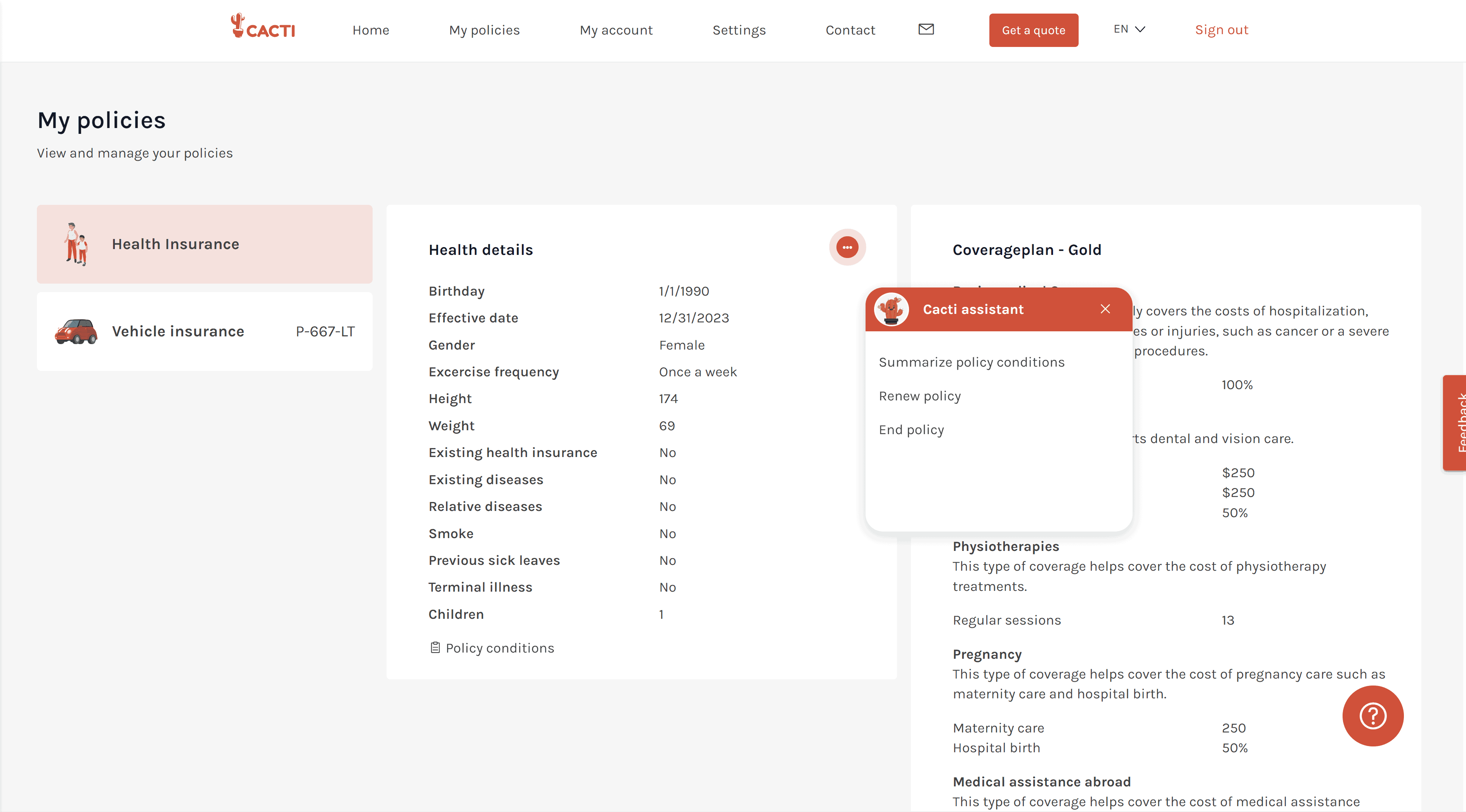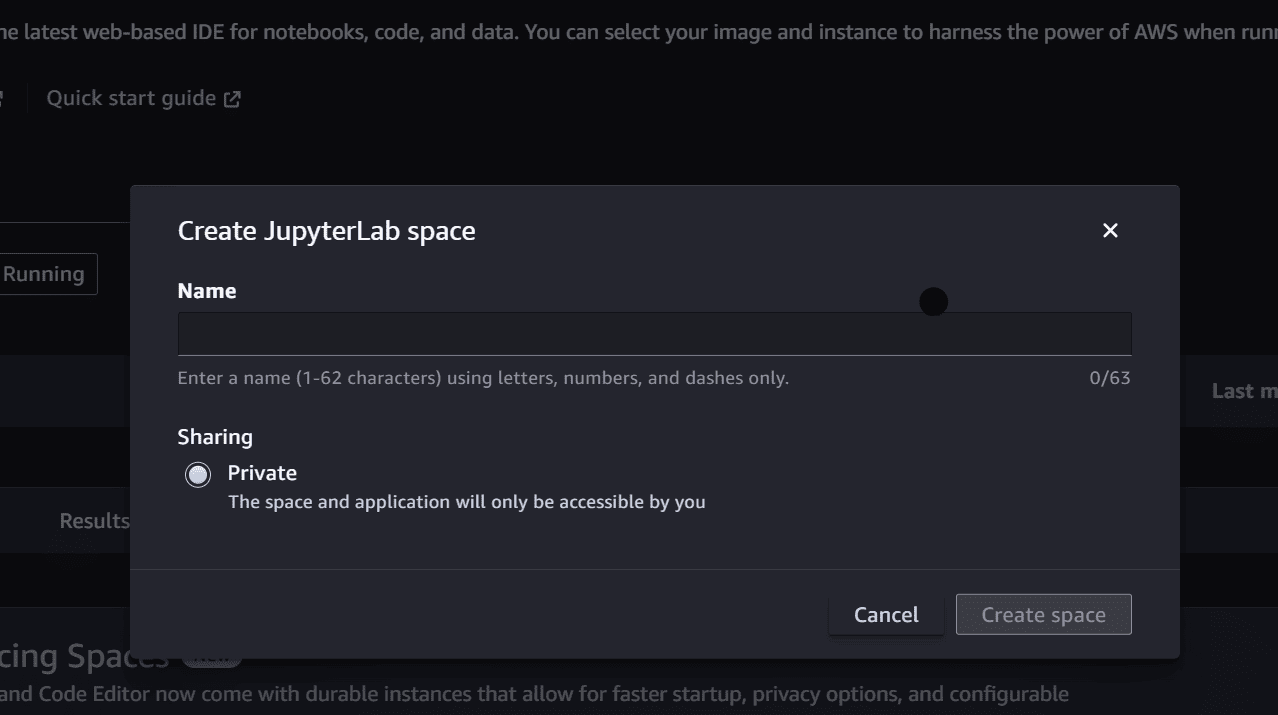Just 12 months ago, I announced Mendix’s low-code approach to data integration, Data Hub, including a metadata repository that enables all users to discover and activate data within their connected ecosystem. In just one year, we’ve made a lot of progress with Data Hub. But there’s still work to be done. Because we have entered the era of the real-time enterprise.
Organizations now need to respond to shifts in the market, customers’ needs and preferences, and rapid changes to employee information as soon as possible. From the ordering of a vegetarian plate for an office party to a route change for a delivery, all the way to massive financial transactions, you need the ability to respond in real-time to truly deliver exceptional software. Traditional integration approaches don’t fit this paradigm.
Event-driven approaches are difficult to master and hard to keep under control. Imagine maintaining oversight over a business that can respond to anything and everything in an instant. An event-driven approach to integration is core to successfully mastering the real-time business. This is why I’m pleased to announce Data Hub 2.0.
Data Hub 2.0 reflects the modern, real-time enterprise’s needs. It’s designed to simplify how you publish and consume events, create insights into all the events going on in your enterprise, and enable governance into those events. The features we’re releasing today and throughout the next few years are all in service of making finding, reading, writing, and leveraging data a process that supports your goal of becoming a real-time enterprise.

What’s new in Data Hub?
The Data Hub Catalog is your one-stop shop to find connected data. And with these features, we’re providing new ways to help you move closer to real-time events. This starts with our new freemium model and our plans for helping you manage business events. It continues with updates to the catalog, and a write-back feature, all in service of providing you an even greater overview of the data in your enterprise.

Freemium
As of September 28, 2021, Data Hub Freemium will be ready to use alongside your free applications. Curious, or just ready to start? Go to hub.mendix.com and start experiencing the capabilities of 1.0, and the ones I mention in this article, which will be available to use with your free Mendix apps.
Events
We understand that your organization is dynamic. It and its data are changing all the time. Managing business workflows, such as checking the order status of your phone or laptop, can be made even simpler when business events are added as another low-code building block across your organization.
We want to make capturing the pulse of your organization as easy as possible for you with business events. We want to let you publish any event in your organization. With Data Hub, you can focus on publishing and consuming the events, while Data Hub takes care of all the automation needed under the hood.
Business events will become a native part of your Mendix model. This is important so you can model out whatever’s required of your app. What else is important is that as of today, business events are ready for you to try and provide feedback as a part of a developer preview.
OData Support
We’re continuing to improve OData v4 support to help you further flesh out external entities. Even more exciting, we’re looking at using this to add easier connectivity to systems from Microsoft Teams to Teamcenter, SAP, and Salesforce.
Write-back
When you’re modeling your application, Data Hub 1.0 was primarily focused on reading the data from other systems, bringing you the external data you may need to create and deliver your applications. But we know that writing back data into the external systems or apps is just as important. We’ve listened to your feedback, and we’re happy to announce that External Entities now support writing data with the same drag-and-drop modeling experience you’re used to.
In the catalog, you can see which apps have CRUD capabilities. This experience carries over to the Studio Pro Data Hub pane, where you can see which data or entities have read or write capabilities and easily drag and drop them as part of your domain model.


Increased Governance
With data, privacy and security is a top priority. We’re committed to providing you with a catalog that gives you the right amount of governance so you can access the data you need when you need it. Seeing which data has a write ability not only resides with those developing in Mendix, but with the data owners as well, who can decide which data can be updated from other applications into your database. This gives you and your organization more control over the data in your apps.
Sometimes a data set shouldn’t or can’t be viewed by certain parties. You get a clear overview of who owns the data. This is important, because now you can easily understand who the primary owner of that data is, quickly ask them what the intent of that data is, and see if it fits your application’s needs.
External Contributors
Another update we’re making to Data Hub is based around one of my favorite topics: Collaboration. You can’t build apps without collaborating.
We find a portion of our customers working with external consultants and contractors in developing their Mendix apps. So, now in Data Hub 2.0, you can invite those external folks into your project and company and allow them to help you model your apps with your data.
Connectivity
We’re looking at new ways for you to reach into and leverage your entire data ecosystem. We understand that the broader the connectivity the more complex it can get, which is why we’re focused on leveling up using OData v4 to structure your data, as well as open up to many more data sources. Expect more connectors out of the box in the coming months.
Excitement out of the box
I hope you’re as excited as I am for these new features and improvements to Data Hub and the Data Hub catalog. If you’re ready to get started with DH Freemium now, just go to hub.mendix.com. If you want to learn more, check out our documentation, our evaluation guide, or contact us for more information.

